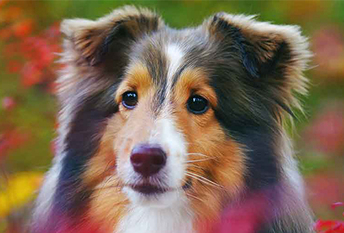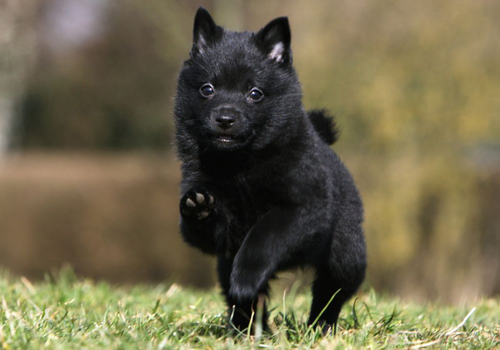Like so many other breeds, this dog enjoys a good cut of meat, and you can get wholesome, nutritional food like vegetables into its diet by mixing this meat in with those ingredients. Because they’re so small, they can be a bit prone to weight gain, so be sure not to over-feed them. Gaining a pound as a Schipperke is not the same as gaining a pound as a St. Bernard.
If you get a Schipperke puppy from a breeder, they would give you a feeding schedule and it's important to stick to the same routine, feeding the same puppy food to avoid any tummy upsets. You can change a puppy's diet, but this needs to be done very gradually always making sure they don't develop any digestive upsets and if they do, it's best to put them back on their original diet and to discuss things with the vet before attempting to change it again.
Older dogs are not known to be fussy eaters, but this does not mean they can be given a lower quality diet. It's best to feed a mature dog twice a day, once in the morning and then again in the evening, making sure it's good quality food that meets all their nutritional requirements. It's also important that dogs be given the right amount of exercise so they burn off any excess calories or they might gain too much weight which can lead to all sorts of health issues. Obesity can shorten a dog's life by several years so it's important to keep an eye on their waistline from the word go.
Learn about whichhuman foodsare safe for dogs, and which are not. Check with your vet or the dog’s breeder if you have any questions or concerns about your dog’s weight or diet. Clean, fresh water should always be available.










